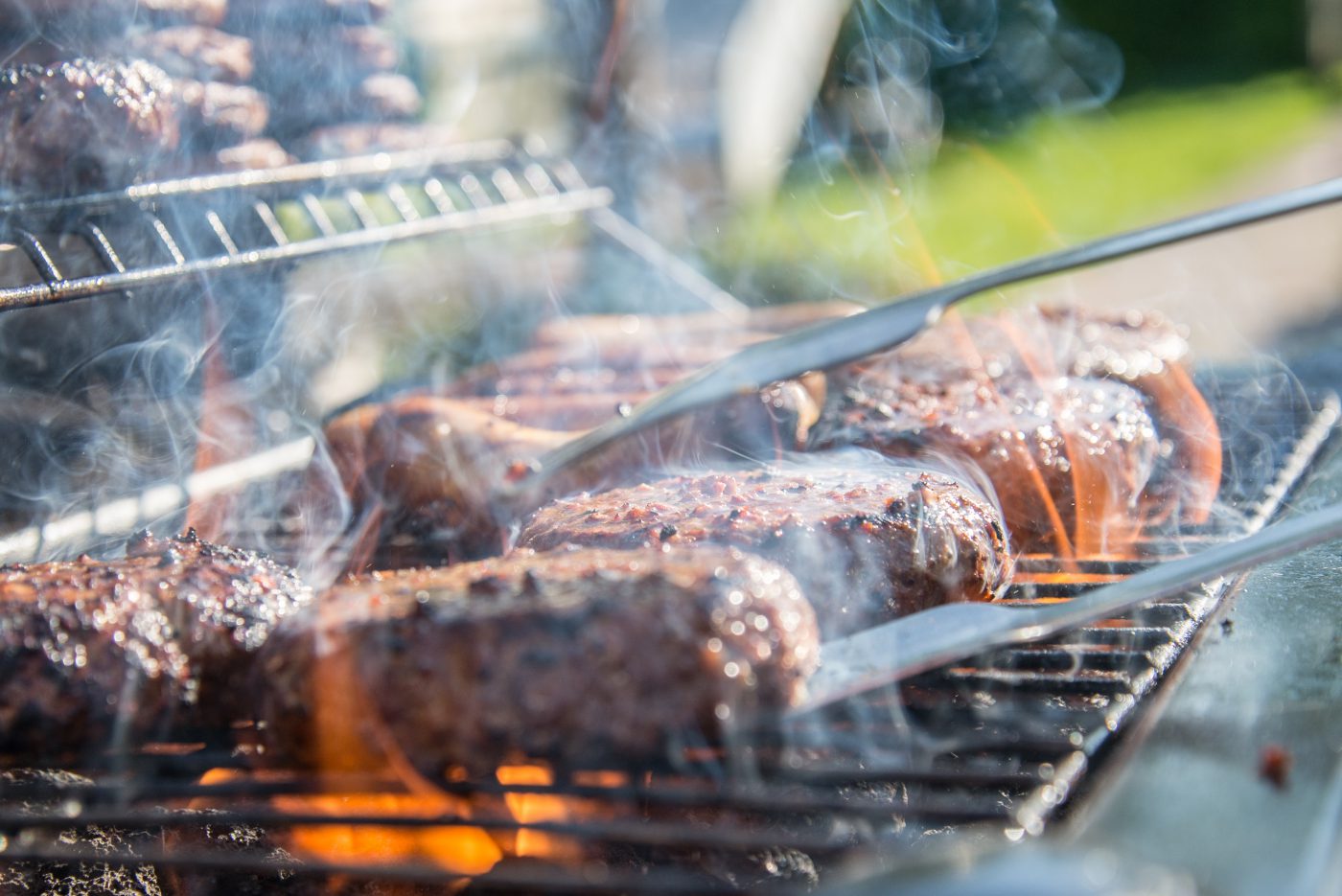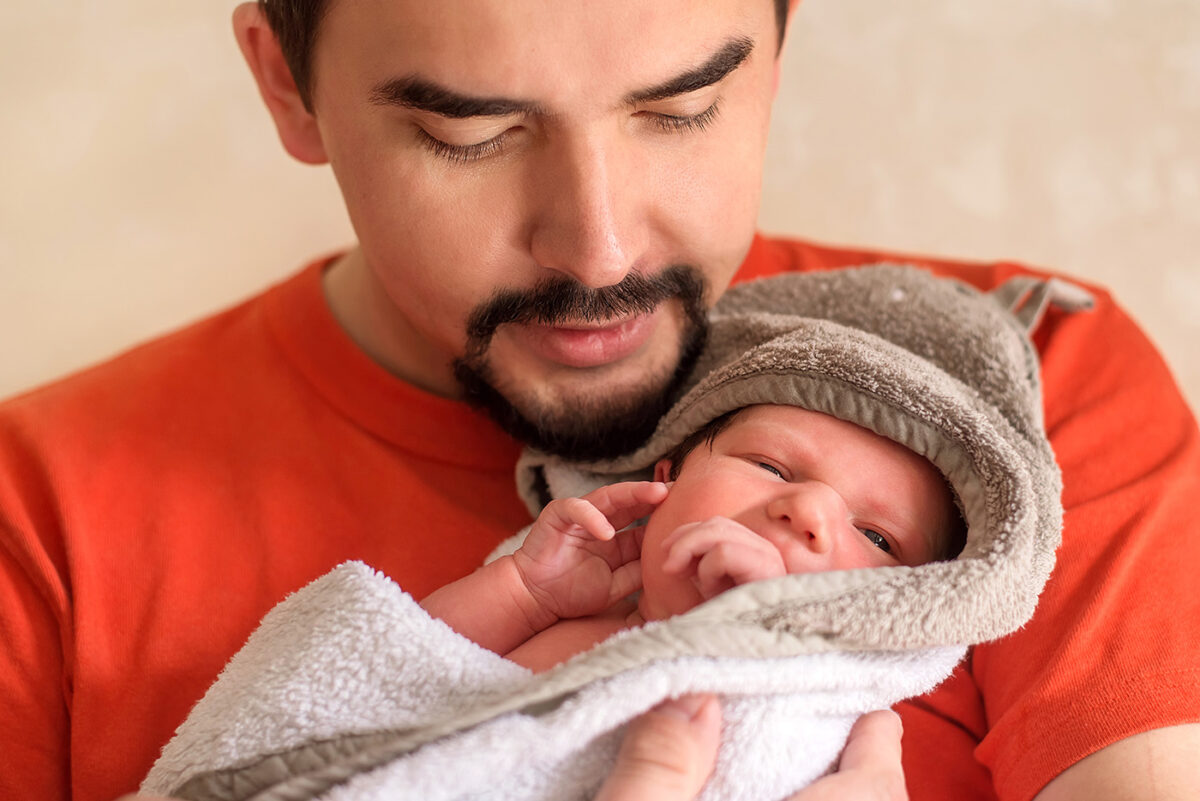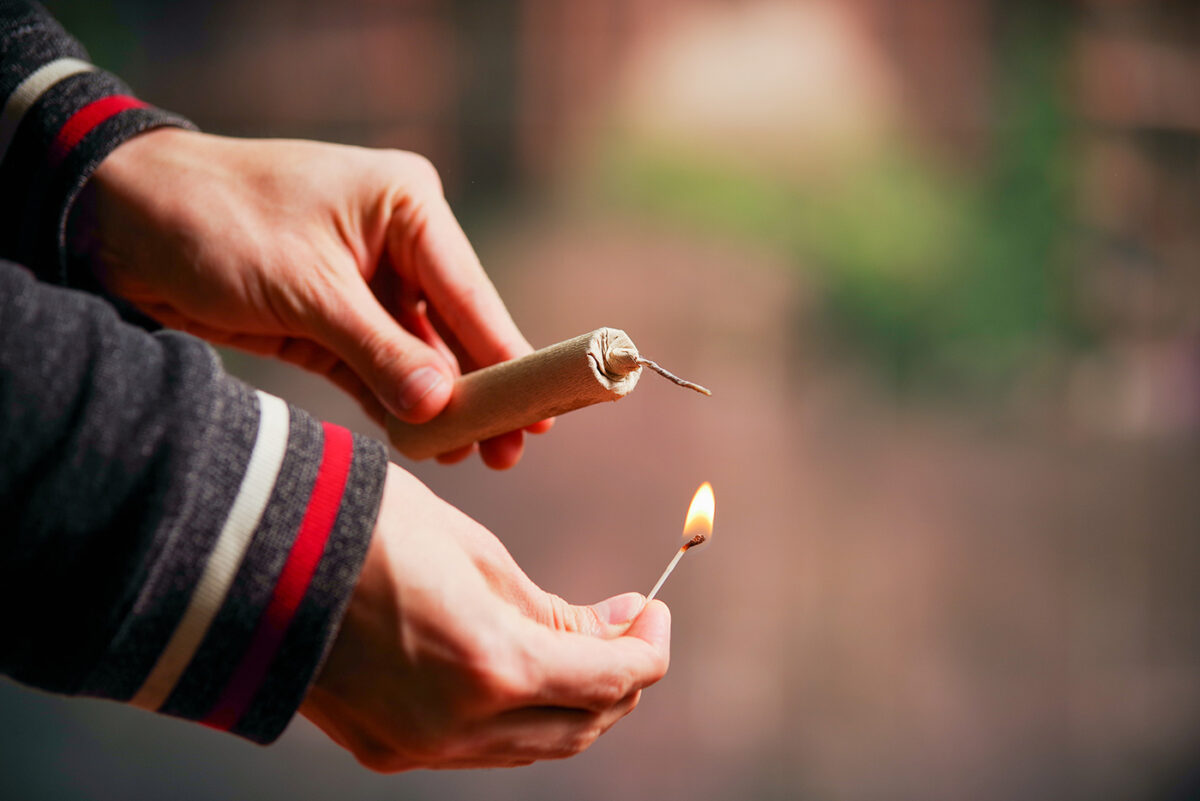
Author
John Lyon
Strategic Communications Manager
Contact
ACHI Communications
501-526-2244
jlyon@achi.net
Millions of Americans will be traveling and taking part in outdoor activities over the Memorial Day weekend. Here are some tips for staying safe and healthy while celebrating the unofficial kickoff to summer:
Drive Safely and Buckle Up
If you’re planning a road trip, make sure maintenance on your vehicle is up to date. If it’s not, have your car and tires inspected before you hit the road. The Arkansas Department of Public Safety is also reminding travelers to buckle up as part of a national Click It or Ticket campaign. An ACHI analysis of data from the National Highway Traffic Safety Administration’s Fatality Analysis Reporting System found that in 50% of motorist fatalities, no restraint was used by vehicle occupants.
Swim Safely
If spending time in a swimming pool is in your plans, the Centers for Disease Control and Prevention recommends that you check the pool’s inspection score. Look for the score online or at the pool. You can also do your own mini-inspection to check for disinfectant and pH levels, using test strips you can find at most superstores, hardware stores, and pool supply stores. Before getting in the water, check to see if a lifeguard is on duty; if not, check to see where safety equipment, such as a rescue ring, is available. Read more from the CDC.
Grill Safely
Before using a grill, inspect propane fuel lines and make sure the grill is clean of grease. Position the grill away from structures, trees, and busy walkways. Never leave a lit or hot grill unattended by an adult and keep an extinguisher handy. Read more from the American Safety Council.
Avoid Food Poisoning
Keep meat, poultry, and seafood refrigerated until ready to grill, and keep them below 40 degrees Fahrenheit in an insulated cooler when transporting. After being grilled, meat should be kept at 140 degrees or warmer until served. Use a food thermometer to ensure meat is cooked hot enough to kill harmful germs. Wash your hands with soap before and after handling raw meat, poultry, or seafood. Throw out marinades and sauces that have touched raw meat juices. Read more from the CDC.
Protect Your Skin
When out in the sun, protect as much of your skin as you can with clothing and a wide-brimmed hat. Use a broad-spectrum sunscreen with a sun protection factor (SPF) of at least 30 and reapply every two hours after swimming or getting sweaty. Seek shade and limit your direct exposure to the sun, especially between 10 a.m. and 4 p.m., when ultraviolet rays are strongest. Read more from the American Cancer Society.
Avoid Bug Bites
To avoid bug bites, use Environmental Protection Agency-registered insect repellents containing DEET, picardin, IR3535, oil of lemon eucalyptus (OLE), para-menthane-diol (PMD), or 2-undecanone. Treat clothing and gear with products containing 0.5% permethrin. Walk in the center of trails, avoiding unnecessary contact with tall grass, brush, and trees. After walking outdoors, check your body, clothing, gear, and pets for ticks. Read more from the CDC.
Keep Yourself and Pets Hydrated
Have plenty of water or other non-alcoholic drinks such as iced tea on hand, and drink even if you do not feel thirsty. Alcohol is a diuretic, meaning that it makes you urinate more liquid than you drink, so it will not help you stay hydrated. Pets can dehydrate quickly, so make sure they have access to fresh, clean water and shade. Read more from the ASPCA.
Be Careful With Fireworks
Always have an adult supervise fireworks activities. Never place any part of your body directly over a fireworks device when lighting the fuse. Light fireworks one at a time, and back up to a safe distance immediately after lighting each device. After fireworks finish burning, douse them with water from a bucket or hose. Read more from the Consumer Product Safety Commission.





